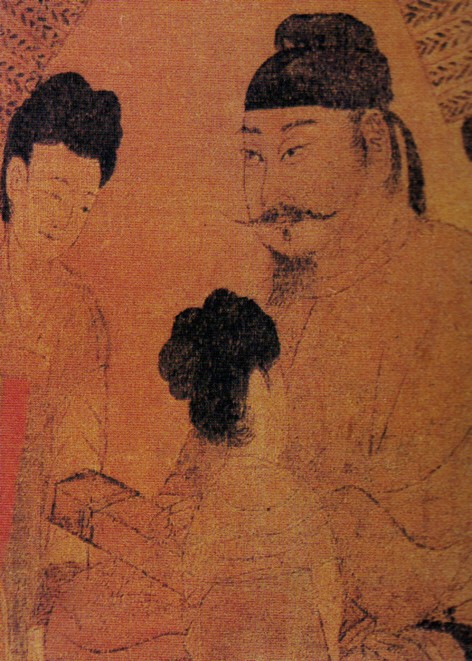There’s a lot to be said about female political leaders. Some, like Marie Antoinette, took the blame for their state’s demise, while others, like Aung San Suu Kyi, were lauded for their peace-building achievements before becoming implicated in state-led catastrophes. Women in politics, like Hillary Clinton, can be credited with merely breaking through the glass ceiling and paving the way for other women to become active in public service. However, possibly no female politician stands out quite like Wu Zetian, China’s only female emperor.
Today, historians have a difficult time sifting through the myths and legends to determine the historicity of her reign and the events leading up to it. She defied the Confucian ideal of patriarchy by becoming a mighty woman, thereby earning her many enemies among the Chinese aristocracy and nobility. While she was characterized as being ruthless in her quest for power – she may have actually killed her own children as part of her pursuit of China’s throne – her reign was primarily characterized by peace and stability. While there are some aspects of her life and reign that can be proven, others give the historian room for speculation in the quest to understand the real Wu Zetian.

ADVERTISEMENT - CONTINUE READING BELOW
Wu Zetian Was a Well-Educated, Literate Woman
Wu Zetian came from a wealthy family in the seventh century and, contrary to the custom of the day, was raised by a father who valued her education. She was encouraged to read, write, and explore the world. She was brought to Emperor Taizong’s palace at the age of 14, where she initially worked as a laundress. However, one day, she spoke to the emperor as he passed by her, and he was so impressed with her wit that they began having regular conversations. She became his secretary and his junior concubine.

ADVERTISEMENT - CONTINUE READING BELOW
Wu Zetian was therefore in a position to learn more about the goings on of the state, something that her inquisitive mind was already interested in, and to catch the eye of Taizong’s son, Prince Li Zhi. Following the death of Emperor Taizong, she was supposed to join his other concubines who were forced to shave their heads and become nuns so that they could never have another lover after being with the emperor. However, the Emperor Gaozong was in love with the well-educated Wu Zetian and sent for her to come back to the palace.
This idea didn’t sit well with the other women in his harem, especially his wife, Lady Wang. Even though she was his real wife, Lady Wang had no children, and she was in a state of perpetual competition with the other women, including Xiao Shufei, who was Li Zhi’s top concubine. Xiao Shufei already had a son and two daughters, and Wu Zetian soon had two sons. However, both Xiao and Lady Wang took issue with Wu Zetian, not because of her sons (the one to succeed Li Zhi as the emperor had already been decided, and it wasn’t any of their sons) but because of the attention that the emperor paid to her. She was apparently his favorite woman; even though she didn’t have the status of wife, they came to see her as a threat.

